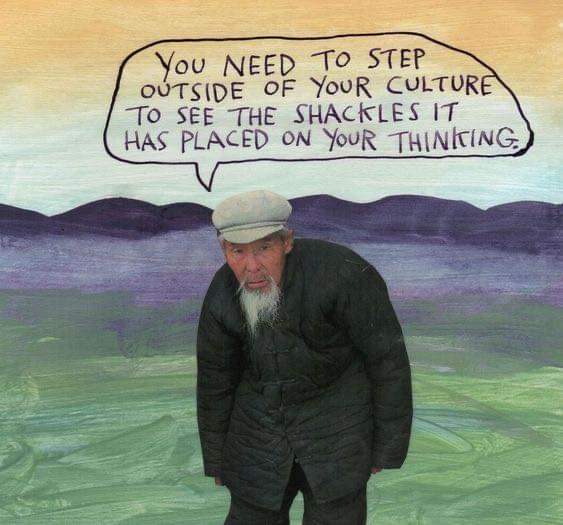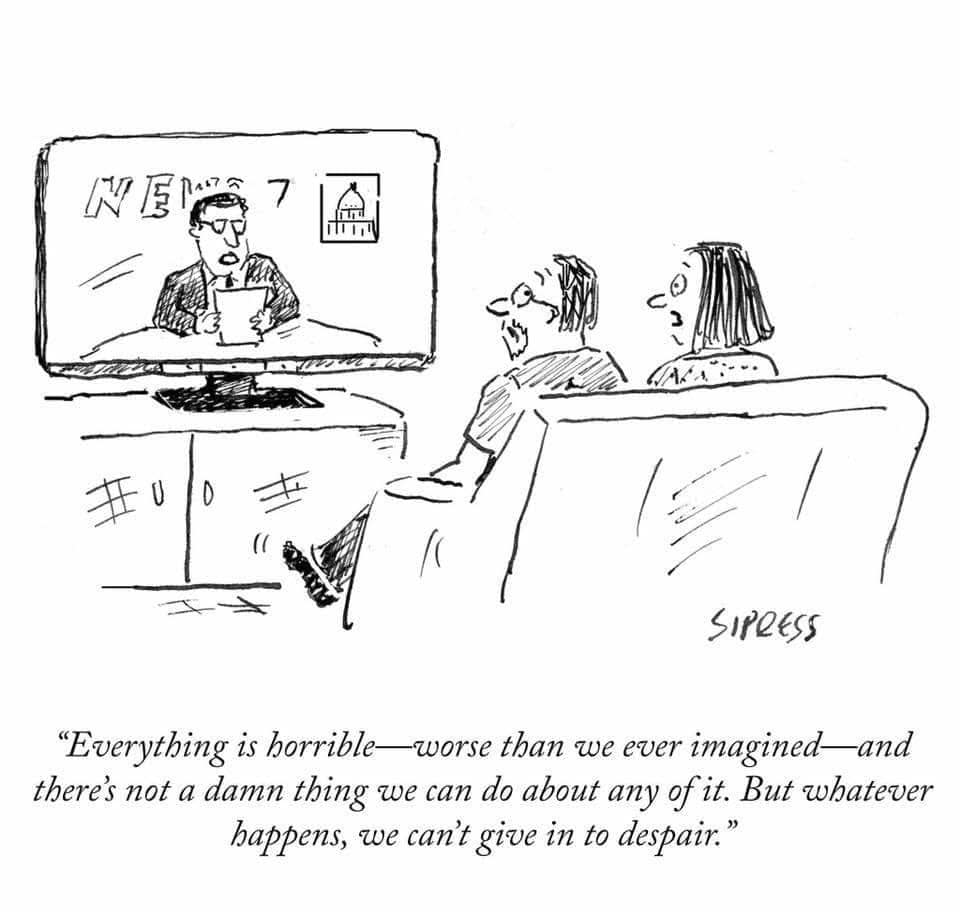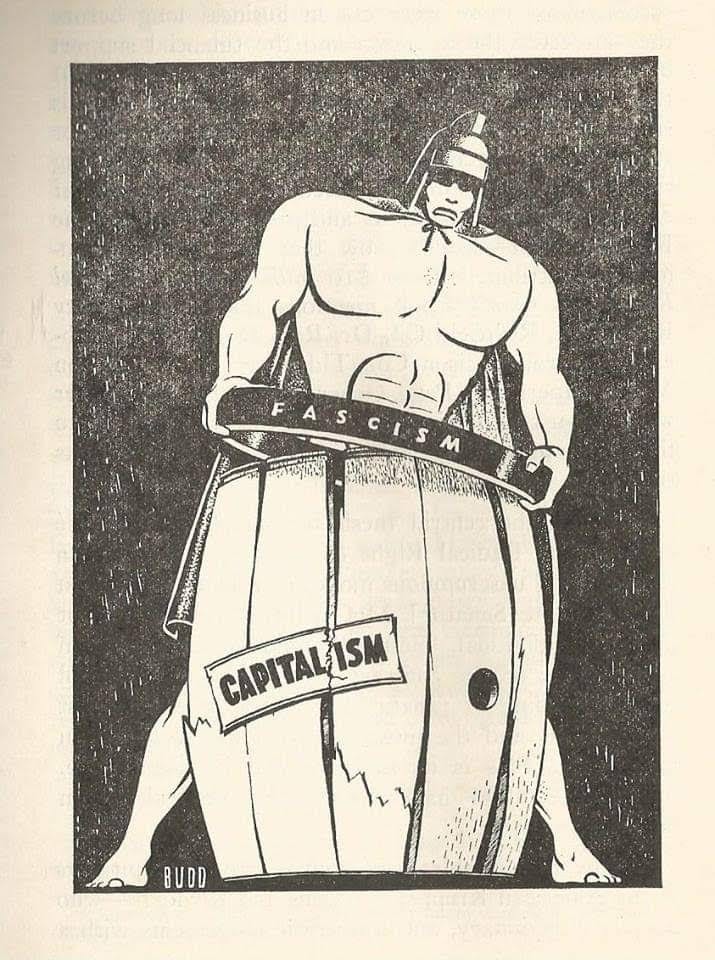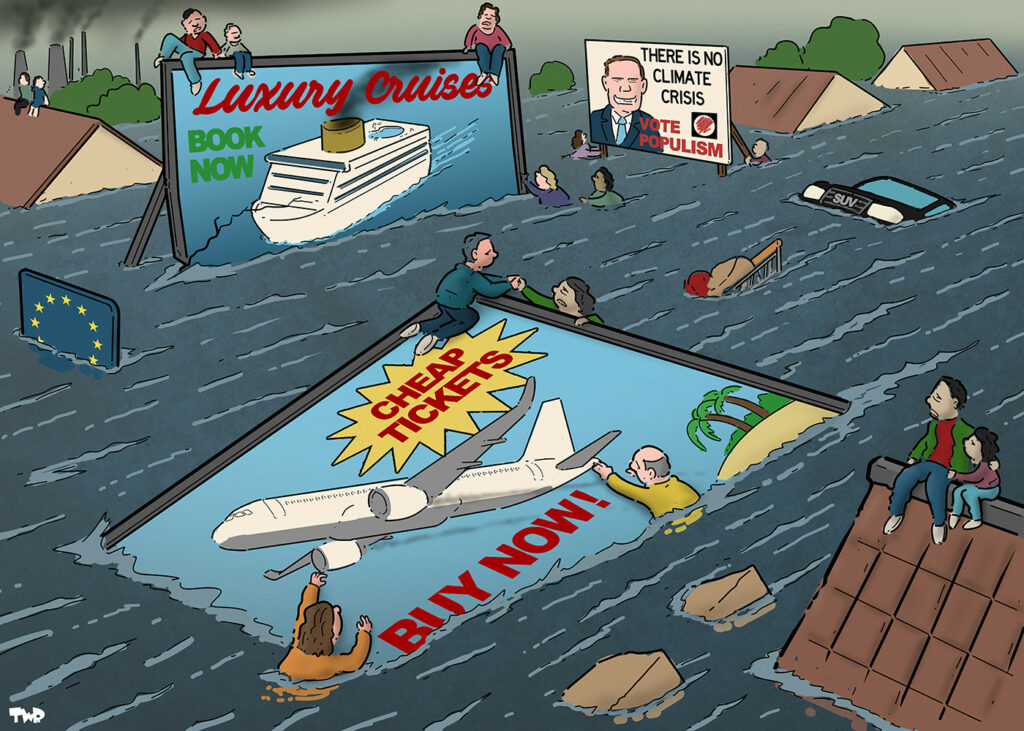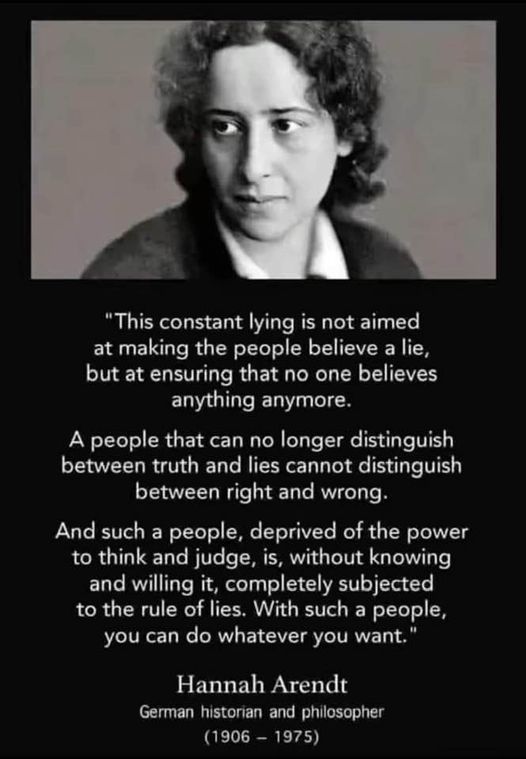The political and social far right is pushing two positions at the same time that, taken together, lead to a deeply disturbing conclusion:
- Immigration must be stopped by any means necessary
- Nothing serious should be done about the #climatecrisis
If no action is taken on climate, large parts of Africa (and elsewhere) will become uninhabitable. Drought, heat, crop failure, and conflict will force mass displacement on a scale far beyond anything we see today. Those numbers won’t be in the thousands or millions, they’ll be tens or hundreds of millions.
If movement is banned while survival becomes impossible, the question isn’t whether violence follows, but how it will be organised and justified. The far right never answers this. It can’t, because the implied solution is containment, abandonment, or extermination by neglect.
We’ve seen this logic before. When Jewish refugees were turned away in the 1930s, the world learned, too late, what “closed borders” meant in a collapsing system. It’s an unspoken death policy. And we should be honest about where that road leads.
The entanglement of hard-right politics and accelerating climate breakdown represents the most dangerous feedback loop in the coming century. Each crisis fuels the other, creating a devastating cycle of social upheaval and environmental destruction. As the climate crisis displaces millions, soon to be billions, of people from their homes, the far right exploits their suffering to consolidate political power. In turn, that power is wielded to block and reverse the long needed climate action, further degrading ecosystems, destabilizing societies, and setting the stage for even greater human displacement.
The problem in this crisis is the shrinking of what scientists call the “human climate niche”, the range of environmental conditions in which human societies can flourish. As global temperatures rise, vast swaths of the Earth become uninhabitable. Hundreds of millions are already trapped in areas plagued by deadly heat, water scarcity, failing crops, and collapsing health systems. Without urgent intervention, billions more will face similar conditions by 2030. Heat-related deaths will rise. Extreme weather events, floods, hurricanes, wildfires, will ravage entire regions. Entire communities will be forced to move, or die.
Despite this clear trajectory, wealthy nations – those most capable of mitigating climate impacts-have spent the last four decades systematically undermining efforts to curb environmental destruction. Climate policies have been diluted and blocked, not out of ignorance, but because they threaten the profits and power of entrenched elitists. Culture war narratives, pushed by billionaires and corporate interests, portray even the smallest, least affective environmental regulations as attacks on “freedom” or “national identity.” Climate denialism has returned in force, repackaged and rebranded, while scientists and activists face harassment, misinformation campaigns, and strong state repression.
As the crisis deepens, displaced people inevitably seek safety across borders, particularly in the global North. Instead of sanctuary, they are met with xenophobia, violence, and militarized borders. The far right seizes on these moments to fuel fear, spreading the lie that migration, not climate inaction, is the true threat. They weaponize suffering to advance nativist agendas, dismantle civil liberties, and double down on fossil-fueled growth. The result is a nightmare loop: climate devastation drives displacement, displacement drives reactionary politics, and reactionary politics fuel further climate devastation.
The evidence is stark in Europe. Refugees fleeing war, drought, and collapse are vilified, turned into political scapegoats by far-right parties who rise to power on the back of manufactured hatred. Their platforms universally involve gutting climate legislation, slashing social programs, and retreating into nationalist fantasies. What emerges is a fascist politics of abandonment, one that condemns the vulnerable to death while protecting elitist interests at all costs.
To pretend that the fight for climate justice is separate from the fight against fascism is a dangerous illusion. These struggles are intertwined, and neither can be won in isolation. Preventing the collapse of Earth’s life-support systems requires more than technological solutions or market tweaks, it demands a cultural and political transformation grounded in solidarity, justice, and collective power.
This transformation won’t come from above. It must be built from the ground up: through grassroots organizing, mutual aid, and global alliances committed to resisting authoritarianism and building alternative futures. We need to challenge the systems – economic, political, and ideological – that sustain both planetary destruction and far-right resurgence.
Without this kind of deep resistance and renewal, the trajectory is clear: an increasingly unlivable planet ruled by increasingly violent regimes. But another path remains possible, if we have the courage to take it. Have people who fixated on #mainstreaming noticed that they are useless? We might get some change challenge done when they do… so please tell them thanks.
